One of the lessons learned from the SARS-CoV-2 pandemic was undoubtedly a greater awareness of the presence of infectious germs around us. Cleaning and disinfecting our spaces has become a daily routine to prevent infections and contagions.
Although hygiene measures and protocols to prevent Covid-19 infections have gradually been relaxed in public spaces, we must remember that we live daily with millions of germs, viruses, fungi, and bacteria that endanger our health. Maintaining these measures will always be a powerful tool to protect ourselves. However, there are spaces that are more prone than others to accumulating germs and spreading them.
When we talk about food hygiene, we think of dishes, food, and, in general, the basic hygiene that restaurants, bars, and cafes must maintain to maintain a healthy operation. However, we often overlook the hygiene of objects that are in constant contact and handling with different entities, as well as the external factors that can promote contamination.

That's why we're letting you know about some of the spaces and public objects within a restaurant, bar, or cafe where you should take extra care and take preventive hygiene measures to avoid the spread of any disease.
RESTAURANTS WITH CLOSED SPACES
Closed, poorly ventilated spaces are more prone to infection. Restaurants, where diners gather to chat and enjoy food, are a perfect breeding ground for the spread of infectious germs. In addition to social distancing, having products that guarantee adequate protection is essential.

MENUS, UTENSILS AND COVERAGE
The menus and cutlery commonly used in restaurants are very conducive to the spread of germs. They are in constant contact and are not always properly disinfected or sanitized. While many restaurants have now opted to display their menus using QR codes, many people are still accustomed to printed menus that are of questionable hygiene...

SHARING DISHES WITH OTHER PEOPLE
This is one of the most obvious ways we can ensure we're sharing thousands of bacteria among diners at a table. Studies have shown that a soup can contain more than 70,000 bacteria per milliliter once a spoon that has previously been used by another diner is inserted into it.

SOAP DISPENSERS IN BATHROOMS
Around 25% of public restroom dispensers in restaurants, shopping malls, and supermarkets are contaminated with fecal bacteria.
Most dispensers are not cleaned and are touched with dirty hands, allowing millions of bacteria to continually grow.
We recommend always reviewing the hygiene measures of the public spaces you visit. Choose those with well-established hygiene protocols and the use of the highest quality, safe products, such as products from the Éviter family . These products, in addition to protecting you for up to 72 hours, won't cause any harm.
Due to its effectiveness and ability to be applied in the presence of humans without interrupting any activity, Éviter is the choice of industries, schools, restaurants, offices, and all types of businesses for sanitizing their spaces and protecting their customers and users.

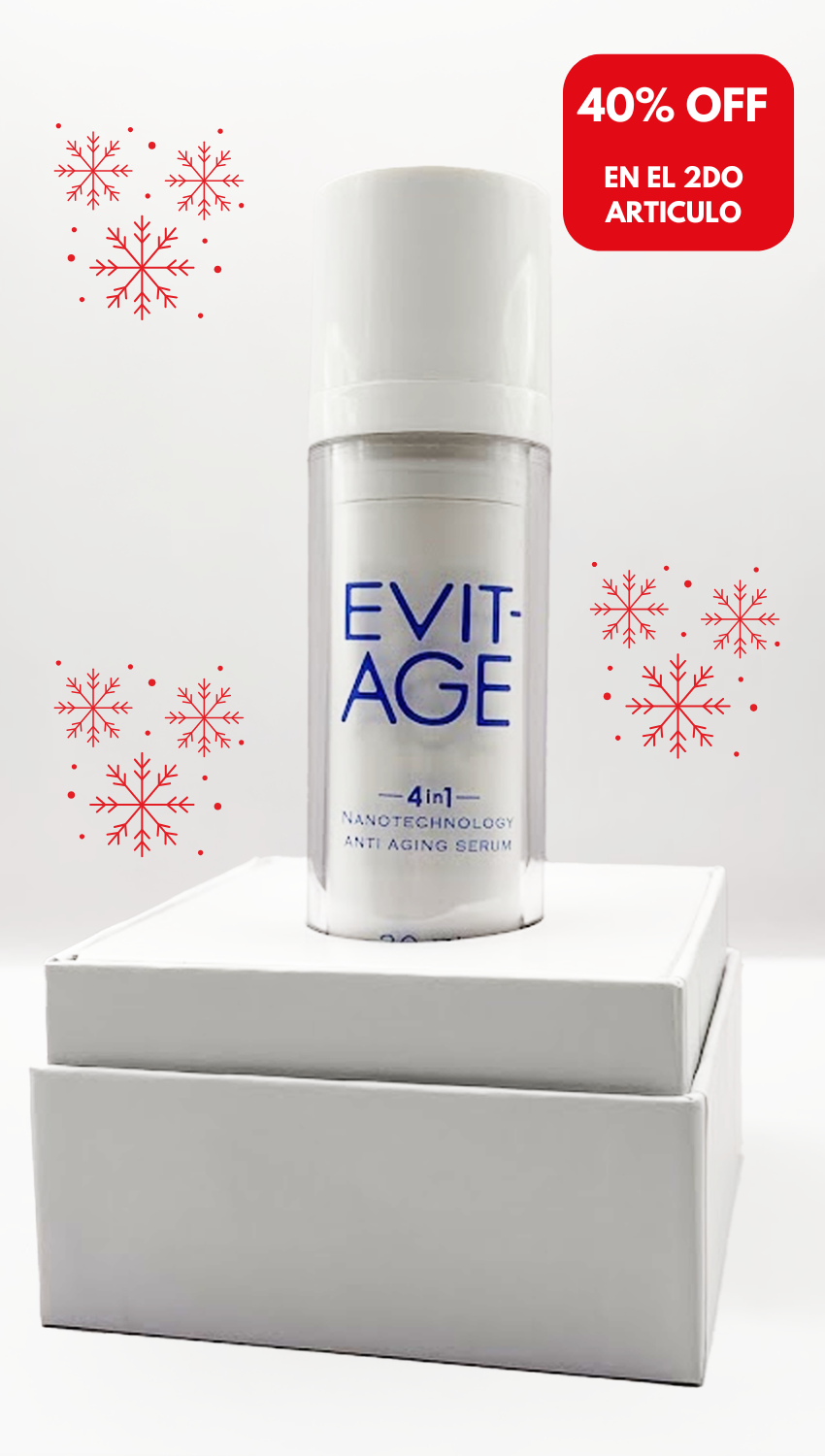







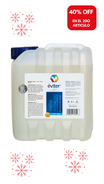



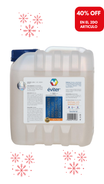

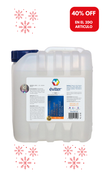







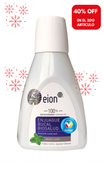


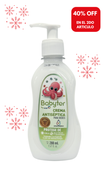



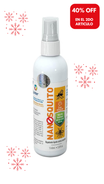
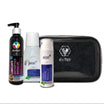
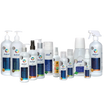
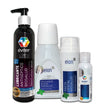

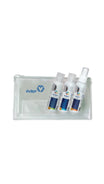
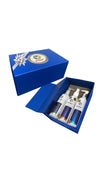
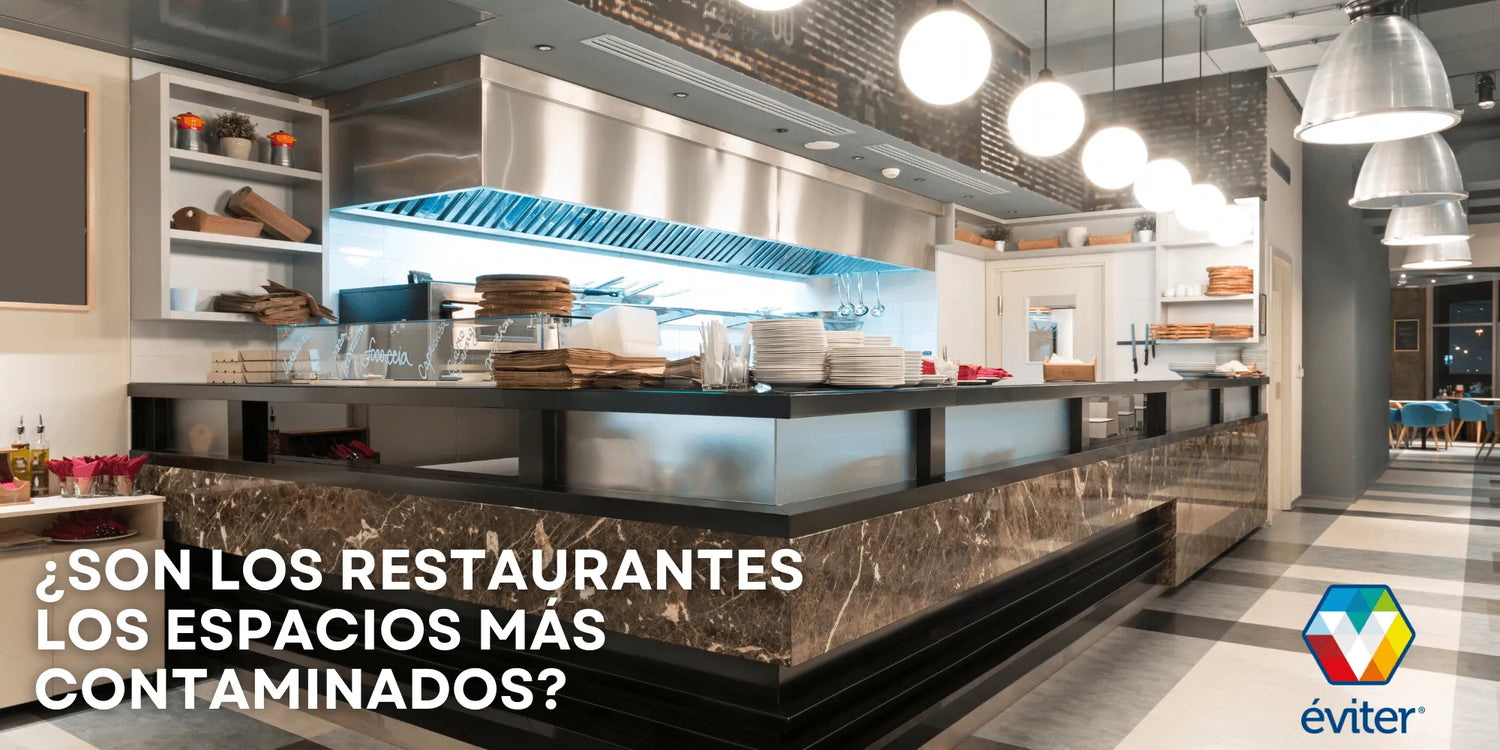


Leave a comment
This site is protected by hCaptcha and the hCaptcha Privacy Policy and Terms of Service apply.